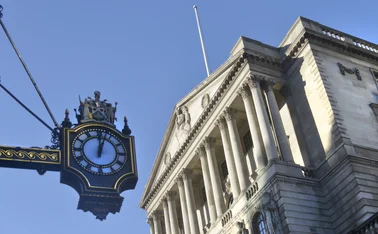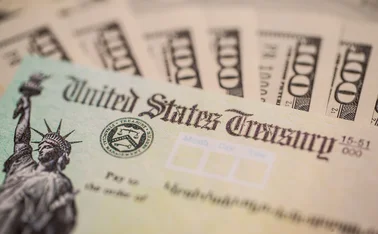
BIS economists model benefits of leaning against the wind
Results contrast with many earlier studies

Two economists at the Bank for International Settlements (BIS) have added evidence in favour of leaning against the wind, showing how the policy can generate benefits by way of a regime-switching model.
Andrew Filardo and Phurichai Rungcharoenkitkul build an endogenous financial cycle into their model in the working paper A quantitative case for leaning against the wind, published today (December 9) by the BIS. Imbalances build up in the boom period, eventually causing the economy to switch into
Only users who have a paid subscription or are part of a corporate subscription are able to print or copy content.
To access these options, along with all other subscription benefits, please contact info@centralbanking.com or view our subscription options here: www.centralbanking.com/subscriptions
You are currently unable to print this content. Please contact info@centralbanking.com to find out more.
You are currently unable to copy this content. Please contact info@centralbanking.com to find out more.
Copyright Infopro Digital Limited. All rights reserved.
As outlined in our terms and conditions, https://www.infopro-digital.com/terms-and-conditions/subscriptions/ (point 2.4), printing is limited to a single copy.
If you would like to purchase additional rights please email info@centralbanking.com
Copyright Infopro Digital Limited. All rights reserved.
You may share this content using our article tools. As outlined in our terms and conditions, https://www.infopro-digital.com/terms-and-conditions/subscriptions/ (clause 2.4), an Authorised User may only make one copy of the materials for their own personal use. You must also comply with the restrictions in clause 2.5.
If you would like to purchase additional rights please email info@centralbanking.com







